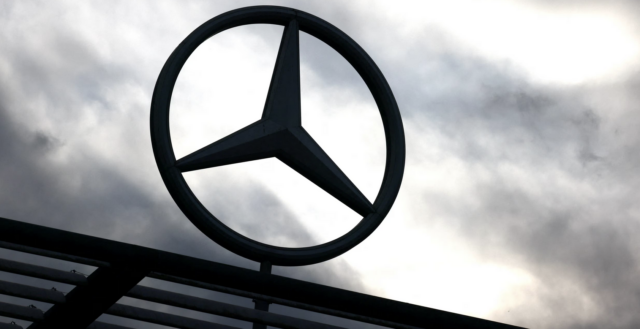German carmakers are in serious trouble in one of their most lucrative markets, China. Consumers are moving away from traditional petrol and diesel cars leaving Volkswagen, BMW and Mercedes Benz struggling in their wake.
Years of complacency led German company managers to assume all would be well and when the electric revolution hit, they were caught napping.
This is not to say they are down and out. German carmakers currently hold 15% of China’s car market, their share of electric vehicles is less than 10%, which is bad. Market analysts say there’s need for a quick turnaround or the current slump could turn into a rout.
They have the weight to ensure a turnaround. There are 40 German car factories in China, more than in their home country, that is billions of dollars of investment which cannot simply be walked away from.
Volkswagen is pushing new Chinese partnerships for autonomous driving, infotainment and user experience, reflecting what local consumers favour. VW also invested in Guangzhou-based Xpeng to build cars using its EV expertise.
Mercedes is tapping CATL for batteries and Tencent Holdings for digital services. BMW is joining hands with Great Wall Motor to build EVs for its Mini brand.
This development could in some years, make German cars less German. It also puts them into direct competition with Chinese EV makers, that have demonstrated smart thinking, constant innovation, speed of delivery and deep understanding of the Chinese consumer.
At this point, it’s hard to say if the Germans can catch up and compete. What’s clear is they don’t see any other way given the pressures in car saturated Europe and the US.
Recent Chinese government directives to local companies with foreign car partners may have come as a dampner. They have been told to prioritize technology and market share over profitability. Can the Germans cope?
With inputs from Bloomberg
Thirty eight years in journalism, widely travelled, history buff with a preference for Old Monk Rum. Current interest/focus spans China, Technology and Trade. Recent reads: Steven Colls Directorate S and Alexander Frater's Chasing the Monsoon. Netflix/Prime video junkie. Loves animal videos on Facebook. Reluctant tweeter.





